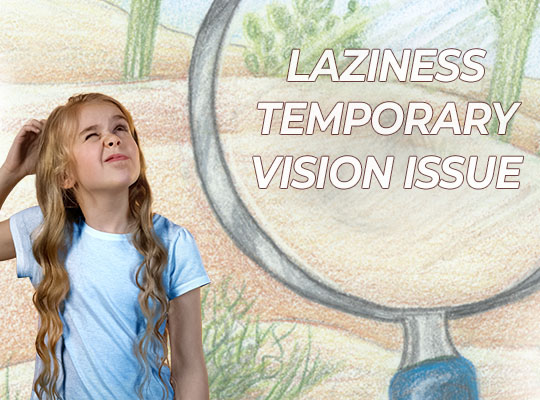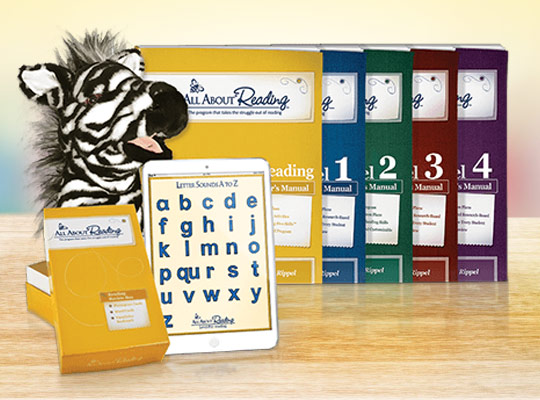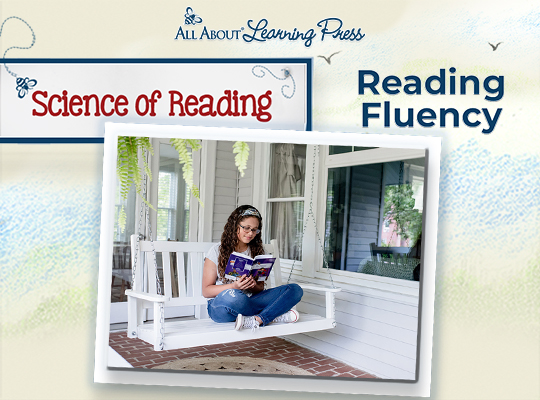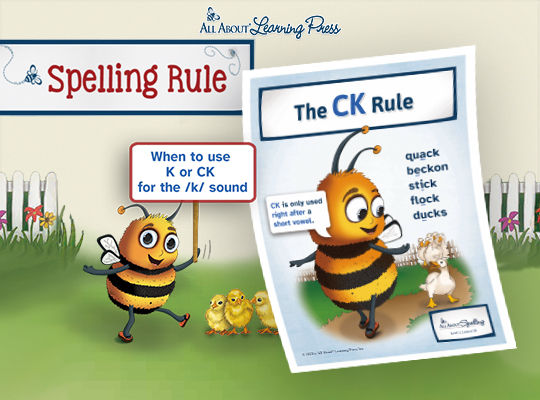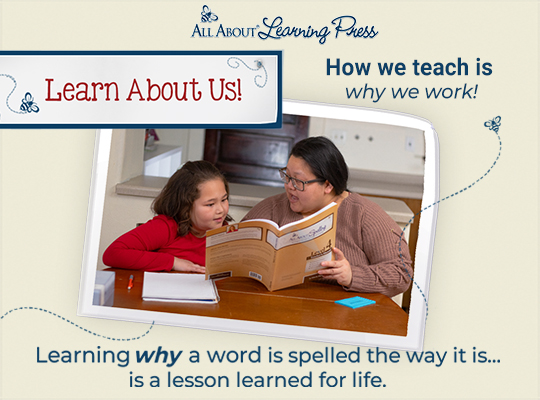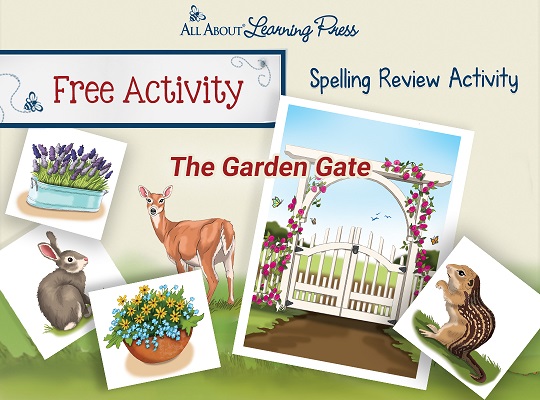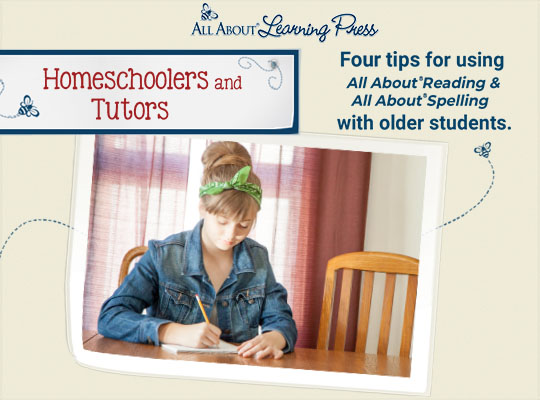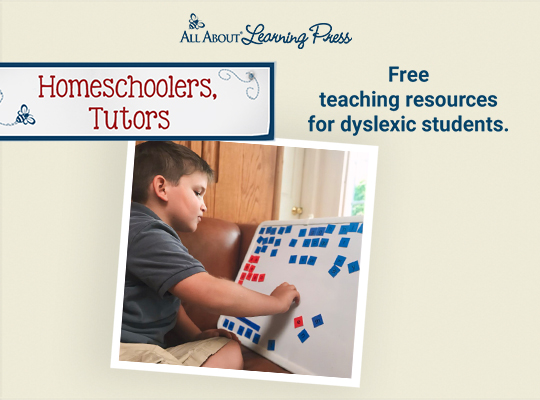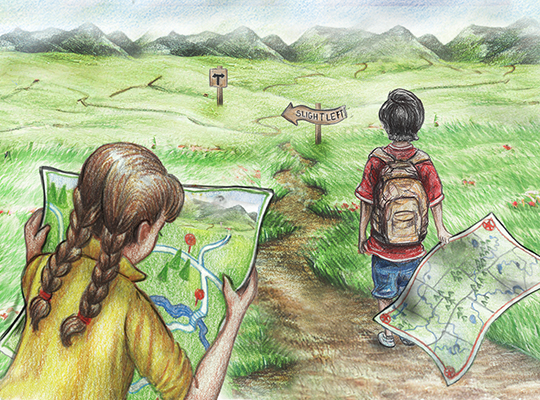
If you are a parent of a child who has dyslexia, you probably know how overwhelming and confusing it can be to learn about dyslexia. To complicate matters, even though dyslexia has been identified and studied for nearly 150 years,1 there are still so many misconceptions about it that persist today, making it difficult to make an informed decision about your child’s education.
Continue reading…


